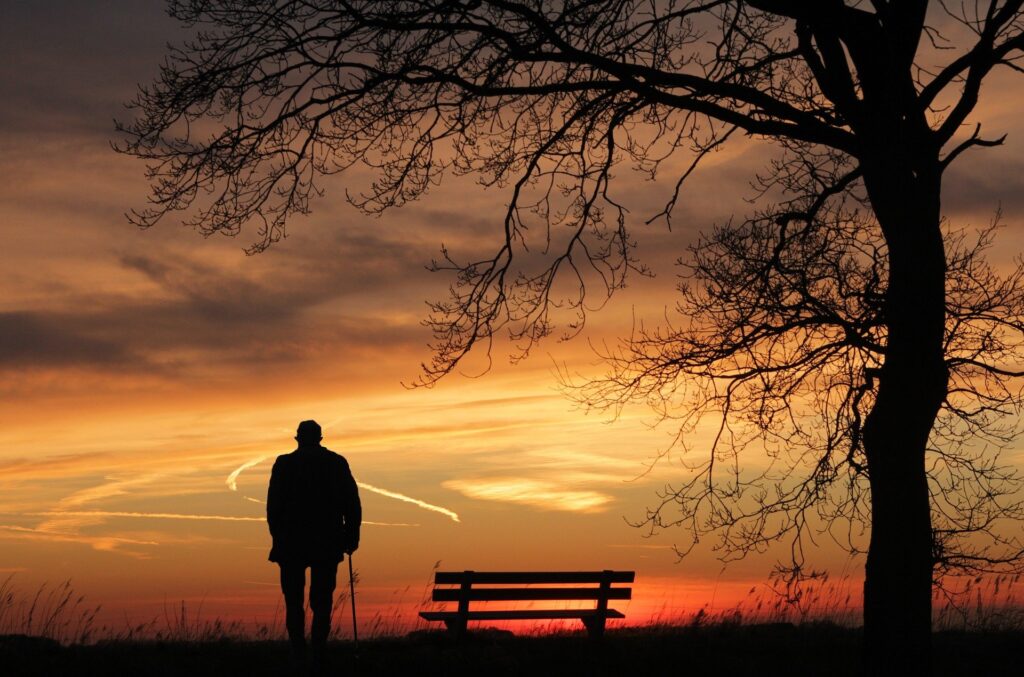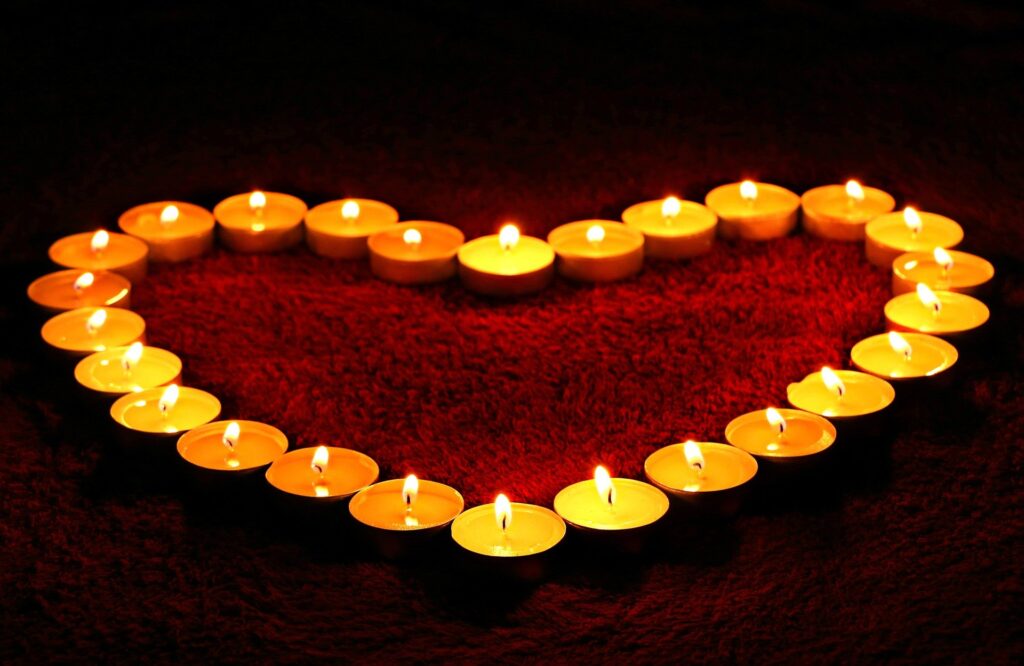My paternal grandfather died on the 24th of March, 2021 after a four-year battle with bone marrow cancer. Though his passing felt rather sudden, it had by then been a long time coming. The preceding four years were an alternating series of despair and hope. Every moment when he seemed to be right at death’s door was followed swiftly by a brief reprieve that suggested – ultimately falsely – that he was in remission. Though we would regularly visit him at his home, my dad did a good job of shielding my brothers and me from the ugliest aspects of my grandfather’s illness. I could therefore only speculate about how my grandmother and her farmhands dealt with the mundane, difficult, and often noisome task of caring for their now fully dependent former provider. Most importantly, I was never fully certain about what his inner life was like during that period. What I knew was that he made it clear from very early on that he didn’t want to receive any intensive treatment, having seen cancer as an indication that his time was up.

It has been said that one cannot truly understand the pro-euthanasia position until and unless one experiences either caring for or being a terminally ill patient. And while it never appeared to me that he wanted to cut his life short, I did find myself wondering whether there was any value in having him endure the entirety of the dying process. In other words, what sort of virtue is expressed in accepting that the end of one’s life is nigh, while simultaneously being neither discomfited by it nor moved to want to hasten it?
Only a brief sketch of an answer will suffice here. The main problem with the notion of “death with dignity”, insofar as it is used by pro-euthanasia advocates, is that it assumes that the only dignified death is the one that is chosen on one’s own terms. However, as far as I could tell, my grandfather’s refusal to undergo treatment wasn’t due to disillusionment with life but from an inner peace that came from a humble acceptance of his finitude. His death wasn’t robbed of dignity by the mere fact that it wasn’t accelerated. If anything, it provided him with the opportunity to reflect on a meaningful and impactful life surrounded by a loving and caring family.

The problem of how to die well is closely connected to the more general problem of how to live well, a point that has been acknowledged within the discipline of philosophy from its earliest days. It is thus clear to me that this debate isn’t so much about how to come to terms with the end of one’s life but about what life’s value is in the first place. It is the general problem about the meaning of one’s life specifically applied to that period when it is at its end. And the role that was played by the physicians and (especially) family members who cared for my grandfather was to give his dying days as much meaning as his healthy ones.
Published: February 22, 2022
Written by Fadhili Deche, a WYA Africa Batch 1 2022 intern from Kenya.







